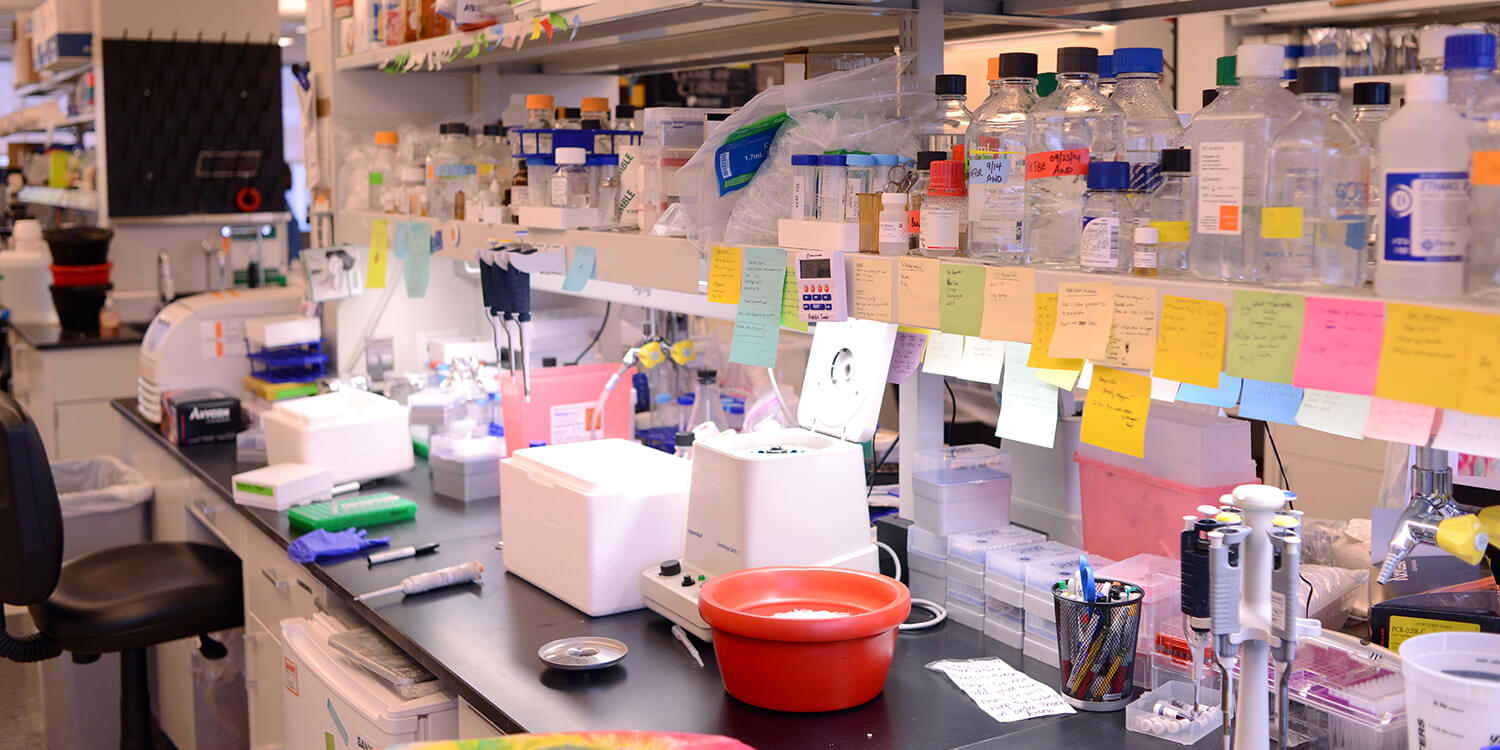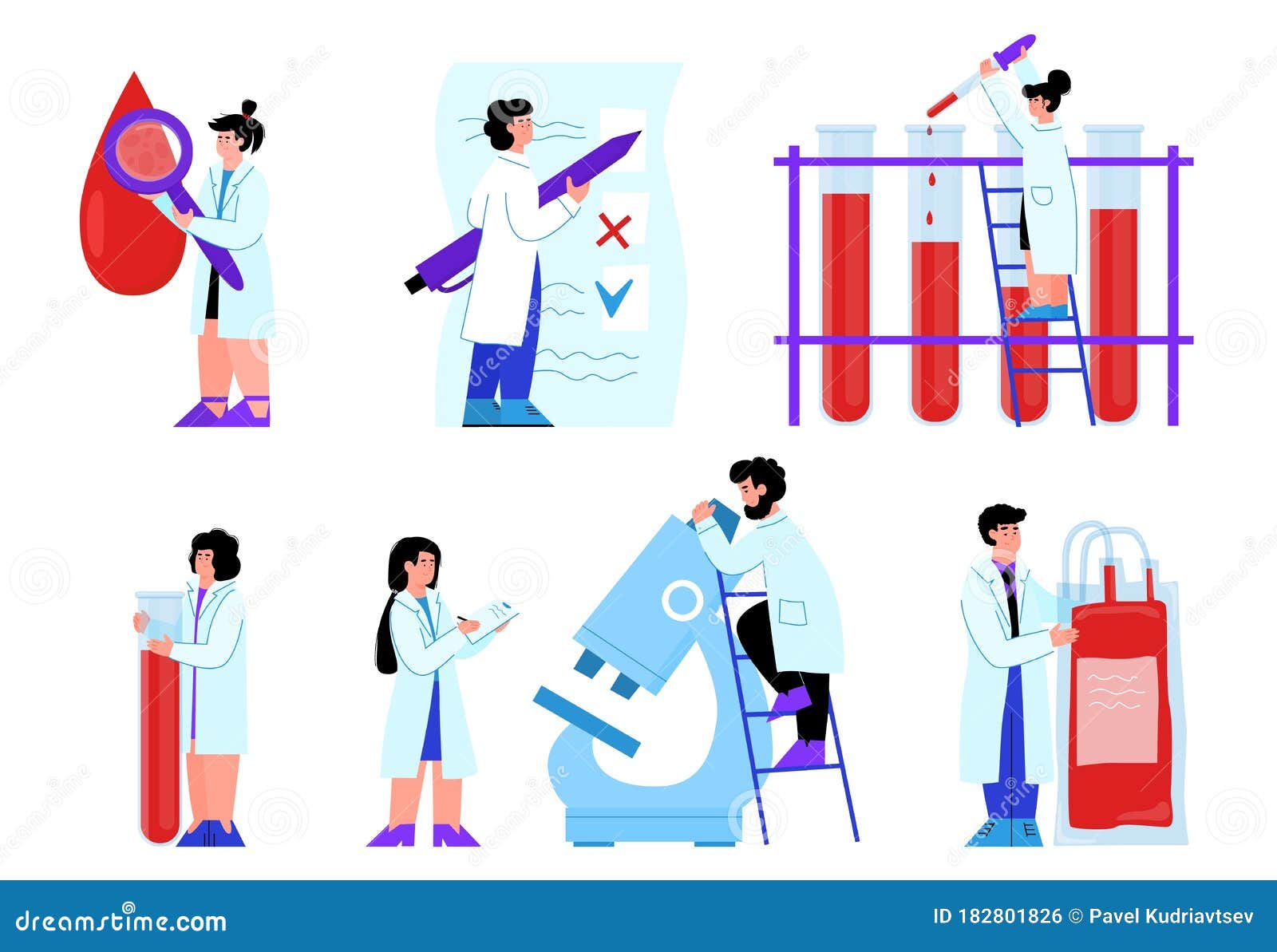Pets are family, and supporting their wellness requires effort. Veterinary laboratories are pillars of modern pet care in ensuring proper care for companion animals.
Throughout this resource, we’ll discuss how diagnostic testing supports pet health and highlight the most common exams.
Understanding Pet Diagnostic Centers
Animal health testing facilities support veterinary care for identifying medical conditions. Vets rely on their findings to tailor care to the pet’s needs.

How tests are conducted usually includes:
- Sample collection: Specimens from pets are sent to the lab.
- In-depth testing: Experts using equipment conduct the tests.
- Providing actionable data: Information helps manage health for your pet’s benefit.
Key Diagnostics for Pet Health
Veterinary labs offer many tests to manage chronic problems. Popular tests include:
- Blood tests: Identify infections.
- Bladder and kidney checks: Identify dehydration.
- Gut health screenings: Ensure proper nutrient absorption.
- Allergy testing: Address skin issues.
- Imaging diagnostics: Detect tumors or growths.
How Testing Supports Pet Health
Routine diagnostics ensures better outcomes. With advanced testing capabilities, your pets can recover faster.

Why diagnostics matter include:
- Better disease management: Vets can tailor treatments.
- Saving on future treatments: Ongoing health is monitored affordably.
- Assurance about pet health: Regular tests keep you informed.
laboratorio veterinario 24 horaslaboratório veterináriolaboratorio veterinario popular
The Value of Diagnostics for Pet Owners
Animal diagnostic centers play a key role in modern pet care. By scheduling routine tests, you support their quality of life.
Make pet health a priority and give your furry friends the best care possible!